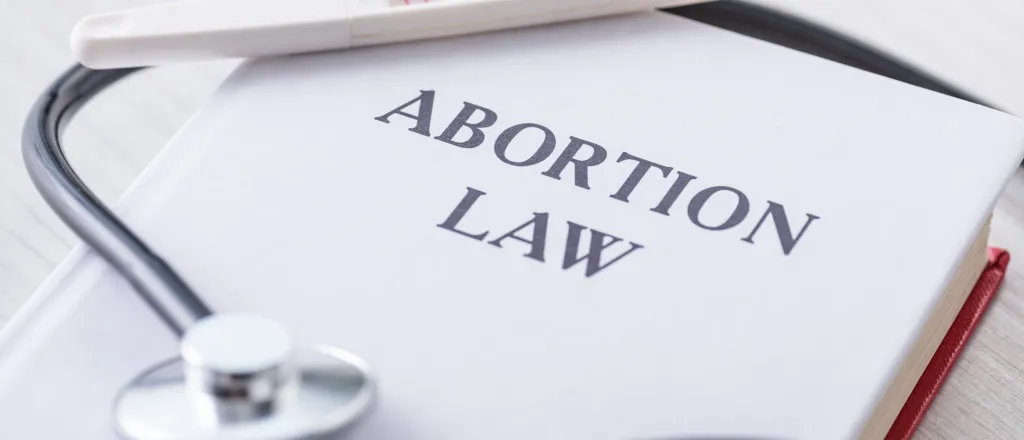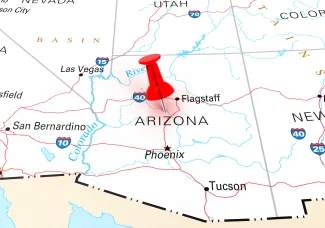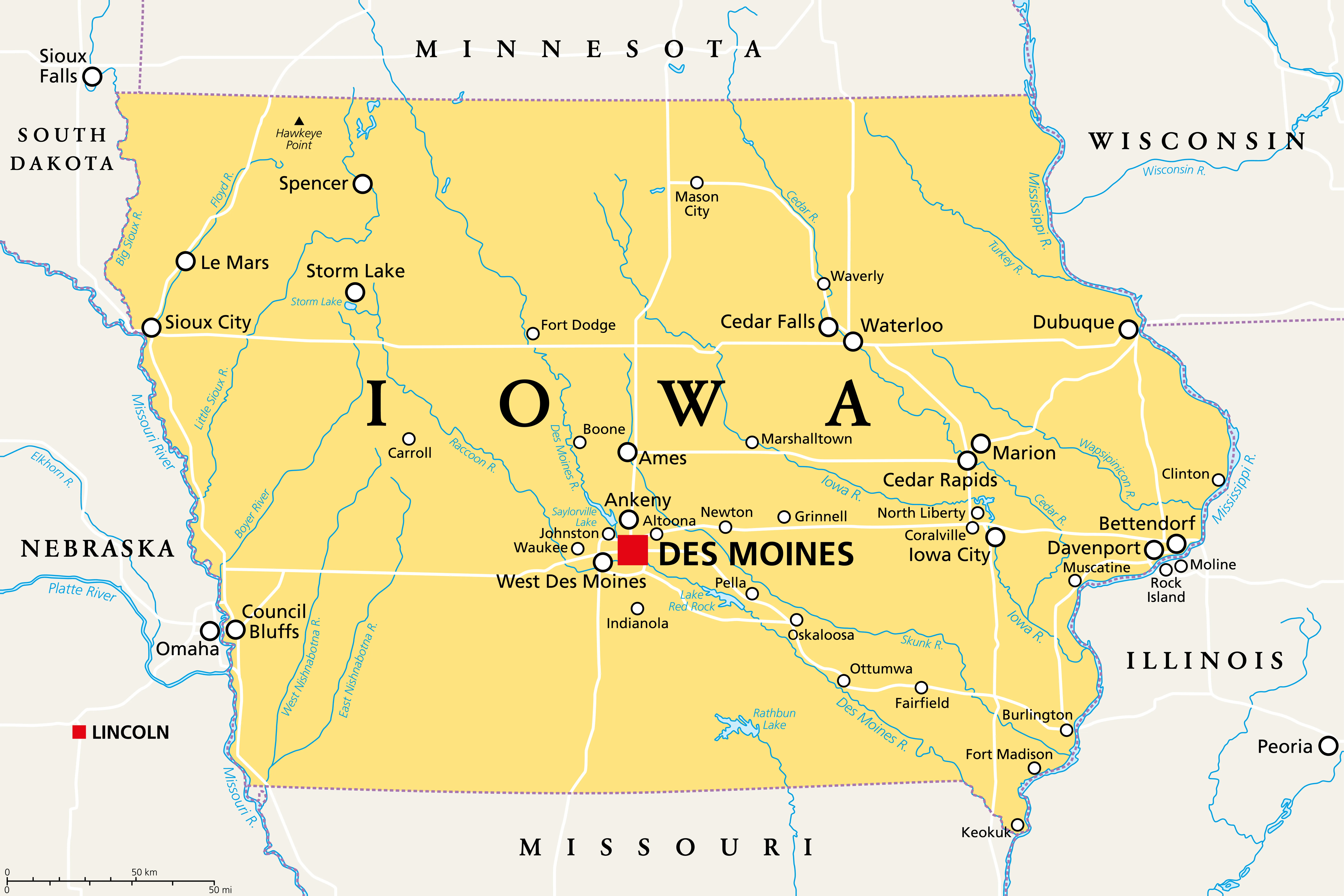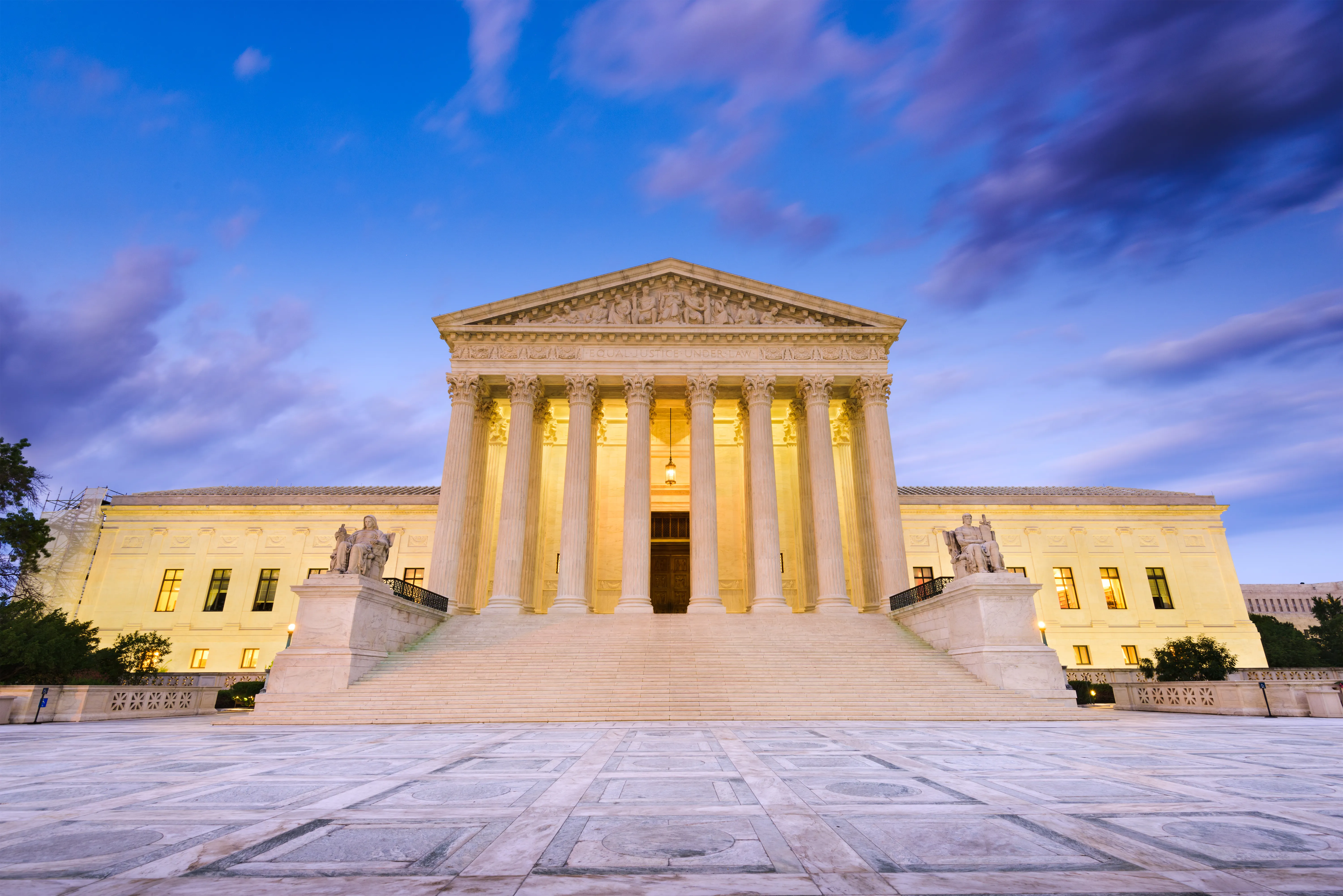
Arizona passes abortion measure, advocates still concerned
Click play to listen to this article.
(Arizona News Connection) Voters in Arizona overwhelmingly supported and approved Proposition 139 last week, which enshrines abortion rights into the state's constitution.
The measure will allow abortions up to fetal viability, which is about 24 weeks.
But Fatima Goss Graves - president and CEO of the National Women's Law Center - said while ballot measures expanding access to abortion won in seven of the ten states this election, she contended there are still countless ways to restrict and upend abortion access even further, including nationwide.

"There is a long list of ways to target birth control, to target fertility treatments, to target our ability to control our own bodies, and to be fully equal in this society," said Graves. "We know that road will be long and hard."
Over the weekend Arizona was officially called for former President Donald Trump, awarding him the state's 11 electoral college votes.
Graves said Trump has promised to veto a national abortion ban, and to distance himself from the conservative playbook Project 2025.
She said reproductive rights advocates, like herself, expect the next administration to deliver on those campaign promises.
The state has a number of abortion restrictions and laws that directly conflict with Prop 139.
Until the election results are officially certified by Governor Katie Hobbs later this month, pro-choice advocates say they'll likely file legal challenges to deem those current restrictions unconstitutional.
In a statement, the It Goes Too Far Campaign - a group opposing the measure - says "the fight against extreme abortion laws will continue."
Monica Simpson is the executive director of the SisterSong Women of Color Reproductive Justice Collective.
She said while all eyes need to stay on the Trump administration, advocates must also continue to lift up "powerful programs."
"I want us to be able to find a balance in doing that," said Simpson, "and work together as the organizations and entities that we are, to be able to make sure that we give ourselves the power and the fuel that we need over these next four years."
Simpson said while it is crucial to keep an eye out at the policy level, advocacy will also be a key part of the fight moving forward.
Support for this reporting was provided by the Carnegie Corporation of New York.

















